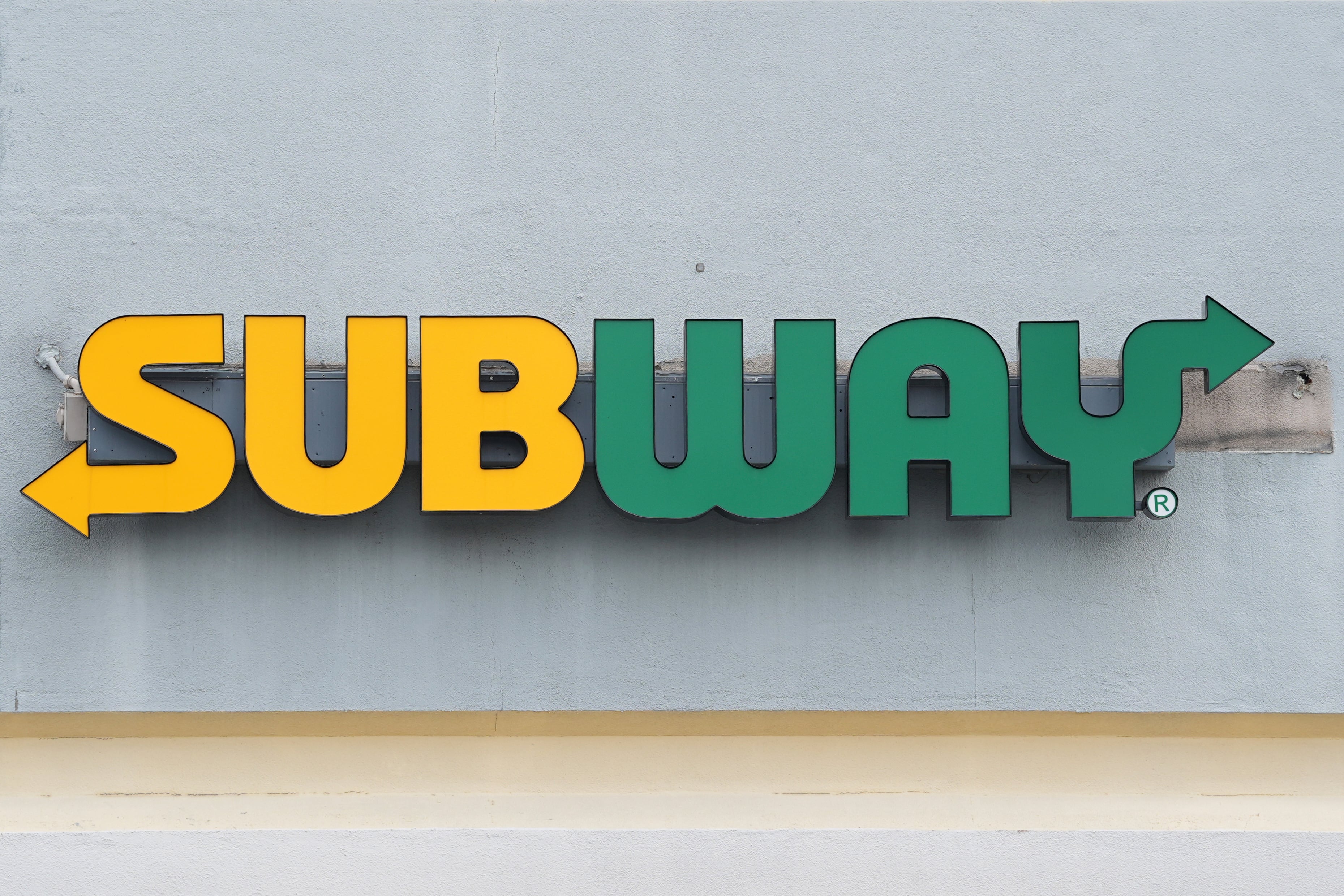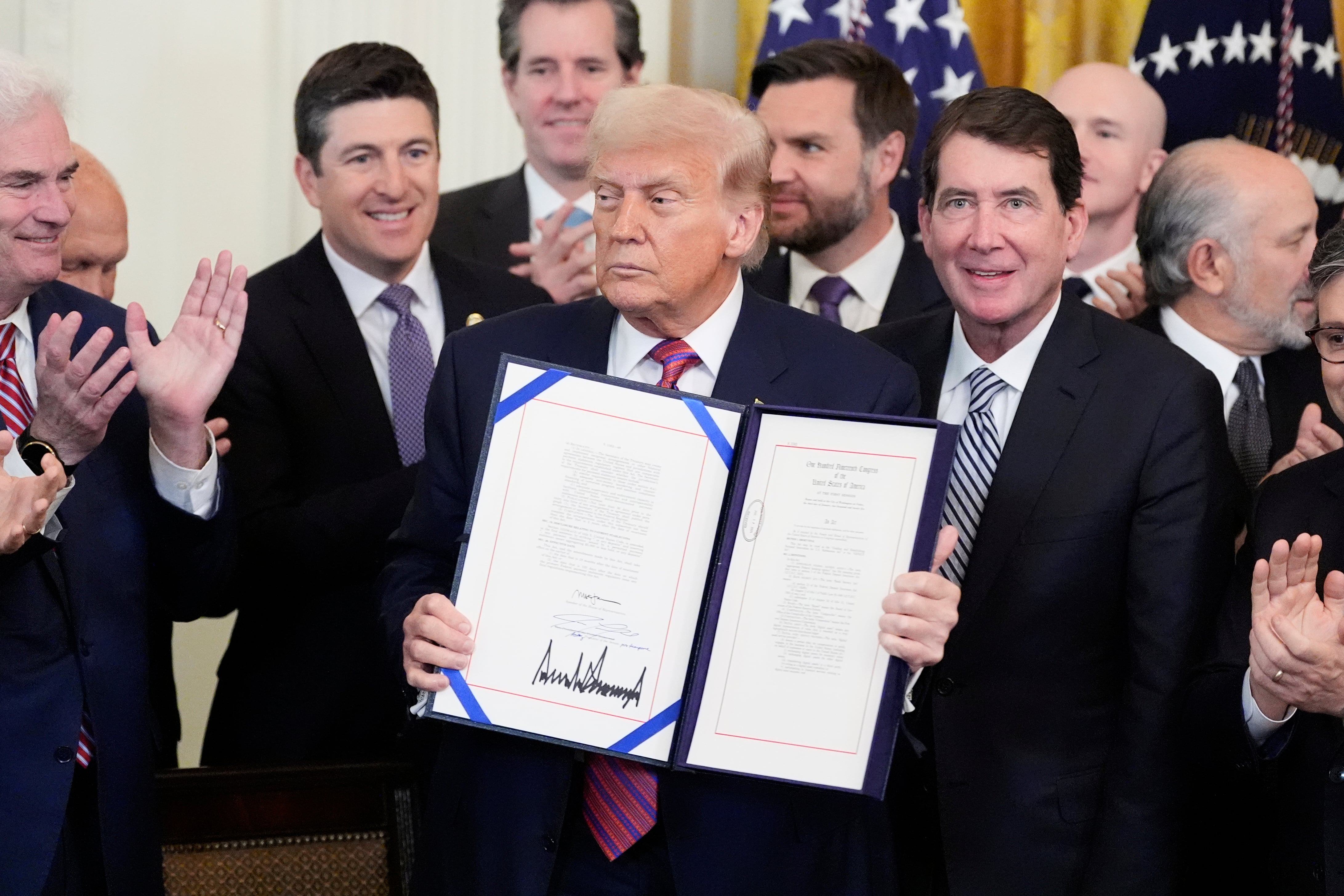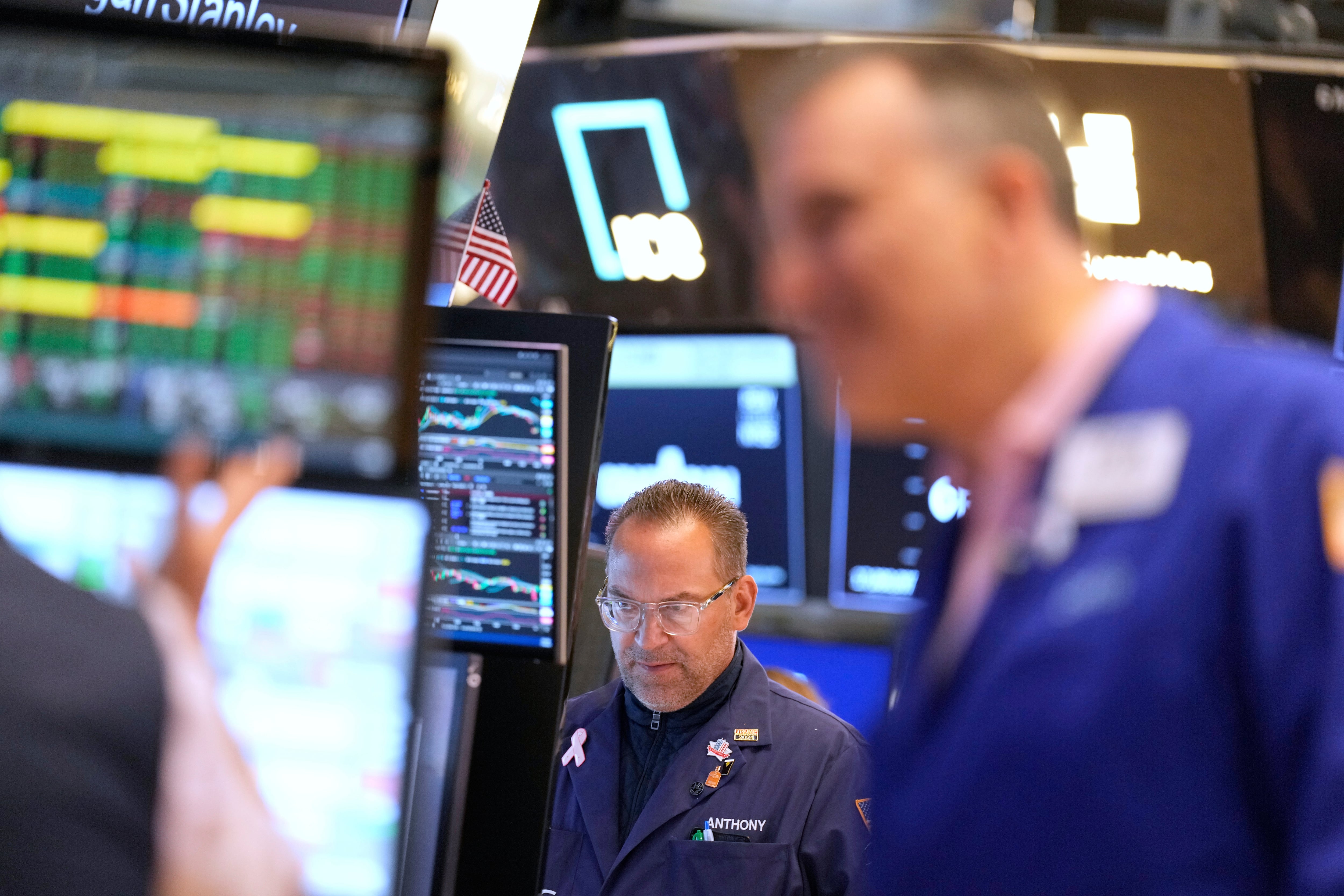By Damian J. Troise and Stan Choe
U.S. stocks slipped from their record heights Tuesday as investors wait to hear whether the Federal Reserve will give any clue about when it may let up on its massive support for markets.
The S&P 500 dipped 8.56, or 0.2%, to 4,246.59, as the Federal Reserve began a two-day meeting on interest-rate policy. A day earlier, the index returned to an all-time high amid optimism that ultralow interest rates pegged by the Fed, COVID-19 vaccinations and financial support from the government are revving up the economy.
The Dow Jones Industrial Average lost 94.42 points, or 0.3%, to 34,299.33. The Nasdaq composite fell 101.29, or 0.7%, to 14,072.86 from its own record.
The S&P 500 was down as much as 0.4% earlier in the day, after a report showed inflation on the wholesale level leaped last month by even more than economists expected. Prices for producers were 6.6% higher in May than a year earlier, the highest figure on record going back to 2010 and the latest evidence that inflation is bursting higher across the economy.
The fear is that if higher inflation gets entrenched, it could force the Fed to pull back on the $120 billion in monthly purchases of bonds it's pledged to keep mortgages cheap and longer-term interest rates low, as well as raise short-term interest rates off their record low.
The Fed has so far said that it sees higher inflation as being only temporary, and it will announce its latest decision on rate policy Wednesday afternoon.
“From a prices standpoint, we’re seeing inflationary pressure, and we believe the jury is still out on the timing and extent of when we see a leveling or whether this new new normal of higher prices is cemented,” said Greg Bassuk, founder and CEO of AXS Investments.
Most economists expect the Fed to say again on Wednesday that it sees higher inflation being only temporary, which would allow it to hold steady on its support for markets. But they also say Wednesday afternoon could offer the first sign that the Fed is mulling when to start slowing its purchases of bonds.
Many investors agree with the Fed’s view that higher inflation won’t last very long, and that it’s the expected result of an economy escaping out of pandemic lockdowns. A survey of fund managers said that 72% say inflation is only “transitory,” according to BofA Global Research. That has the majority saying that any upcoming drop in stock prices would likely be less than 10%.
A peaceful tapering of bond purchases could allow prices to remain high across markets, even amid criticism that they’ve grown too expensive, unlike the pain that would result from a quick shutoff of Fed support.
There are limited signs that inflation may be cooling in some parts of the economy. Lumber and copper prices have dropped from their highs a few weeks ago. Copper sank another 4.3% Tuesday, and miner Freeport-McMoRan's stock fell 4.8%.
Other reports on the economy Tuesday painted a mixed picture. Retail sales fell 1.3% in May from April, slamming into reverse after a 0.9% gain the prior month, for a much steeper drop than economists expected.
Part of that is likely the fading effect of rescue payments the U.S. government sent to households earlier this year, which boosted spending in March and April. But economists said it could also be a sign that Americans are shifting more of their spending toward trips, eating out and other services as the economy reopens, with less going to things bought at retailers.
A separate report said that industrial production across the country rose more last month than economists expected.
Technology stocks were one of the biggest drags on the S&P 500, though the majority of stocks within the index rose.
Energy companies had solid gains as the price of crude oil pushed higher. Exxon Mobil gained 3.6%, and Chevron climbed 2.2%.
Bond yields were relatively stable. The yield on the 10-year Treasury note dipped to 1.49% from 1.50% late Monday.
Earlier in the day, European stock markets closed out with modest gains. Asian markets were mixed, with Japan's Nikkei 225 up 1% and stocks in Shanghai down 0.9%.
Updated on June 15, 2021, at 5:14 p.m. ET.













